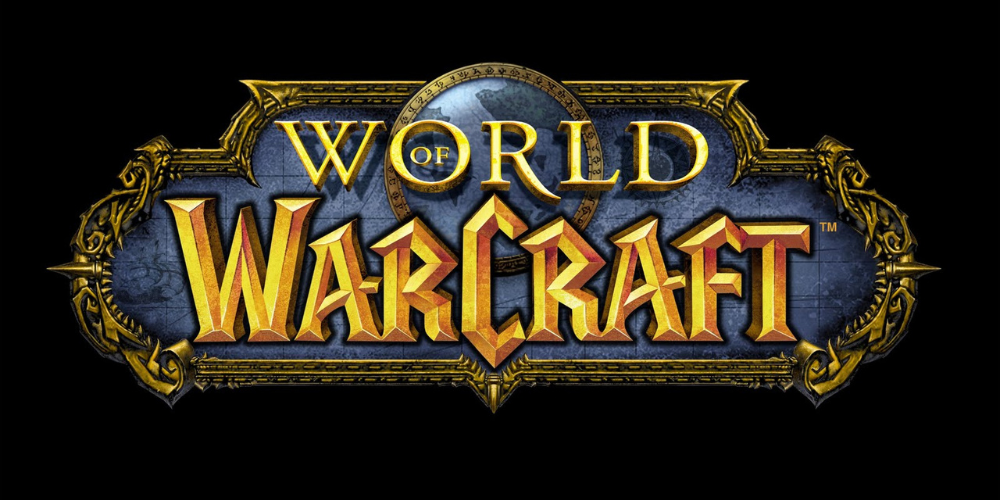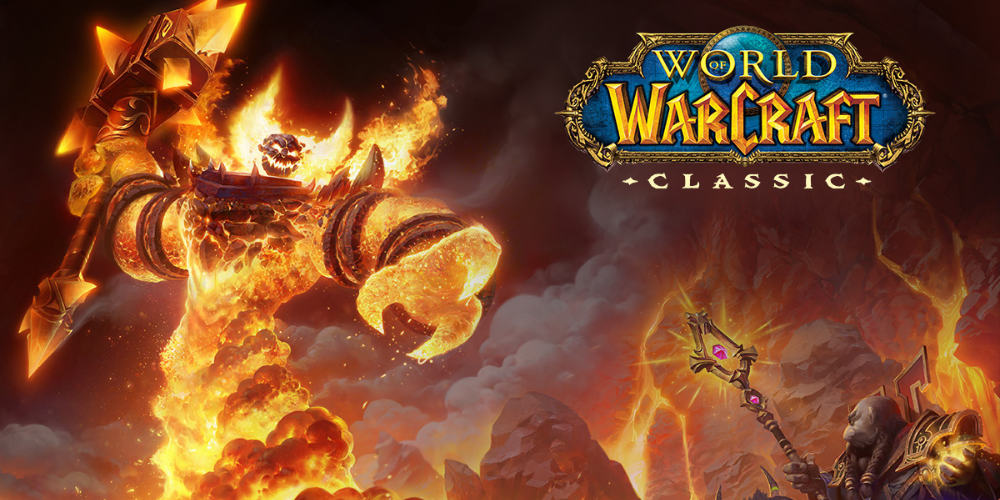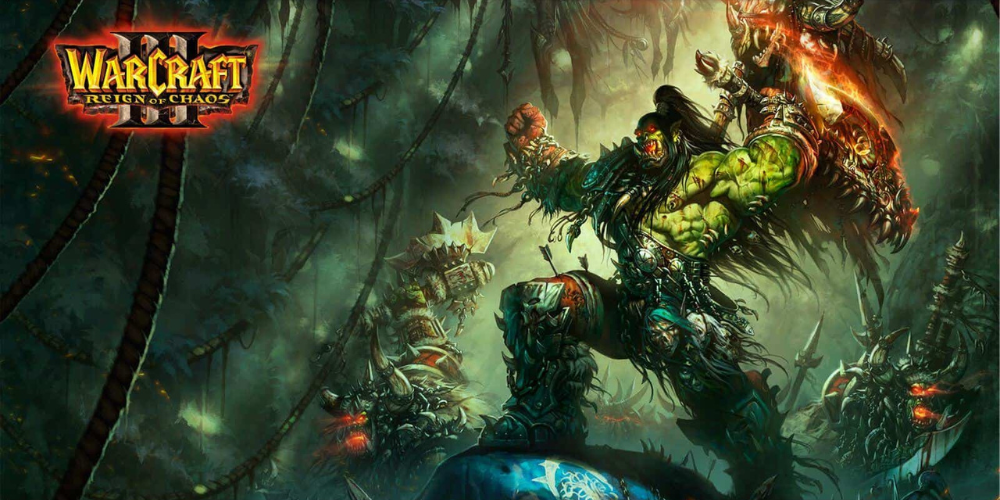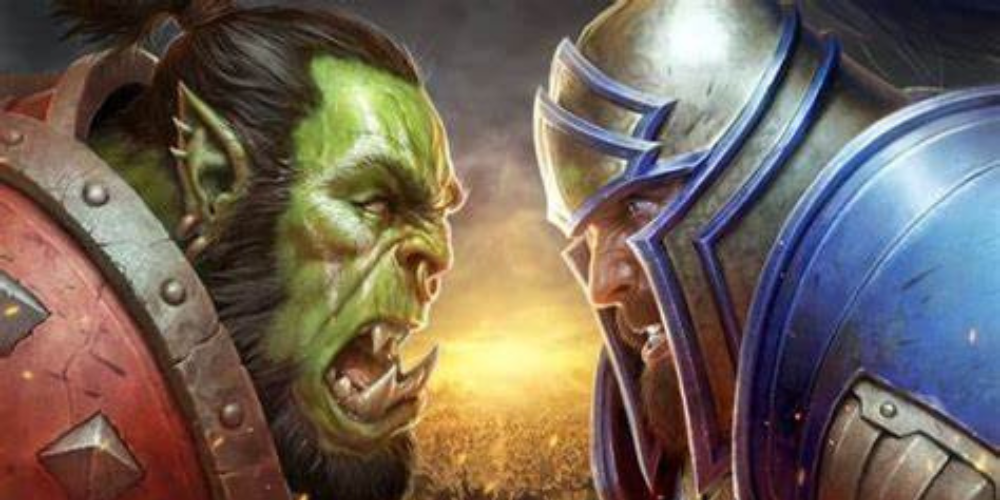The Cultural Impact of "World of Warcraft": Analyzing Its Legacy and Influence
- Feb 20, 2024
- 1513

When "World of Warcraft" (WoW) launched in November 2004, few could have predicted the immense cultural phenomenon it would become. This MMORPG (Massively Multiplayer Online Role-Playing Game) not only revolutionized the gaming landscape but also left an indelible mark on popular culture, creating ripples that are felt to this day. This article delves into WoW's vast cultural impact, exploring its legacy, influence on the gaming industry, and broader societal implications.
A Revolutionary Gaming Experience
World of Warcraft redefined what an online gaming experience could be. Prior to its release, MMORPGs were a niche market with complex mechanics that often discouraged casual players. WoW, however, introduced a game that was accessible yet deep, fostering a community that ranged from the hardcore gamer to the casual weekend player. Its intuitive interface, captivating narrative, and the allure of an ever-expanding world captivated millions globally. This inclusivity not only expanded the MMORPG market but also set a new standard for future online games regarding design, community engagement, and content accessibility.
Building Communities and Breaking Barriers

Perhaps one of WoW's most profound impacts has been on community building. The game created a virtual space where people from diverse backgrounds could collaborate, compete, and connect in ways that were previously unimaginable. Guilds and raids required players to work together, fostering a sense of camaraderie and friendship that often extended beyond the digital realm. WoW broke geographical barriers, allowing for friendships and relationships to form between individuals from different parts of the world. This aspect of social connectivity transformed online gaming from a solitary activity into a shared, communal experience, setting a precedent for how games could facilitate social interaction.
Influencing Popular Culture
WoW's influence has seeped into various facets of popular culture, from shows and movies to literature and art. Iconic references to the game have appeared in mainstream media, highlighting its role in the cultural zeitgeist. Shows like "The Big Bang Theory" and "South Park" have dedicated entire episodes to the game, not only acknowledging its popularity but also cementing its place in popular discourse. Furthermore, WoW has inspired a plethora of fan art, music, and literature, creating a rich subculture that celebrates the game in creative and diverse ways.
Setting Industry Standards
The success of WoW set a new benchmark for the gaming industry, influencing the design and development of future online games. Its subscription-based model demonstrated a viable revenue stream, prompting other companies to explore similar approaches. The emphasis on constant updates and expansions also highlighted the importance of keeping content fresh to maintain player engagement. Additionally, WoW's approach to storytelling, with its rich lore and dynamic world, has influenced narrative techniques in game design. Its legacy is seen in numerous games that strive for a balance between gameplay and storytelling, aiming to create immersive and enduring gaming experiences.
Economic Impact and eSports

WoW's cultural impact extends into the economic sphere, particularly in the realm of eSports and game-related commerce. The game's popularity has contributed to the growth of eSports, with Blizzard hosting annual tournaments that attract competitors and viewers worldwide. Moreover, the in-game economy and the trade of virtual goods have mirrored, and in some instances, influenced real-world economic principles and strategies. The engagement with and around WoW has created jobs, from professional gaming to content creation, highlighting the game's role in shaping the digital economy.
Education and Learning
Beyond entertainment, WoW has found applications in educational contexts, serving as a tool for learning and development. Educators have utilized the game to teach subjects like economics, mathematics, and social studies, leveraging its immersive environment for experiential learning. The collaborative nature of the game has also been used to develop leadership, teamwork, and problem-solving skills. This unconventional use of WoW in educational settings underscores its versatility and its potential to engage players in meaningful learning experiences.
Challenges and Controversies

While WoW's impact has been largely positive, it has not been without its challenges and controversies. Concerns about addiction, social isolation, and the potential for cyberbullying within the game's community have sparked debates about the responsibilities of game developers. Blizzard has taken steps to address these concerns, implementing features designed to encourage healthy gaming habits and to provide tools for community management. These issues highlight the complexities of creating and managing virtual spaces, underscoring the need for ongoing dialogue and innovation to ensure they remain inclusive and safe for all players.
The Legacy of "World of Warcraft"
The cultural legacy of WoW is one of innovation, community, and profound influence on both the gaming industry and society at large. It has paved the way for a new generation of online games, while also establishing a blueprint for building and sustaining virtual communities. Its impact on popular culture and its contributions to the fields of education, economy, and eSports highlight the multifaceted nature of its influence. As WoW continues to evolve, it remains a testament to the power of games to bring people together, to inspire creativity, and to shape the cultural landscape.
In conclusion, World of Warcraft stands as a monumental force in gaming and popular culture. Its journey from a groundbreaking MMORPG to a cultural icon encapsulates the potential of video games to transcend entertainment, influencing various aspects of social interaction, economic models, and even educational practices. As we look back on its legacy, it's clear that WoW has not just been a game; it's been a phenomenon that reshaped the landscape of digital and real-world communities alike, setting new precedents for how games can influence society for years to come.